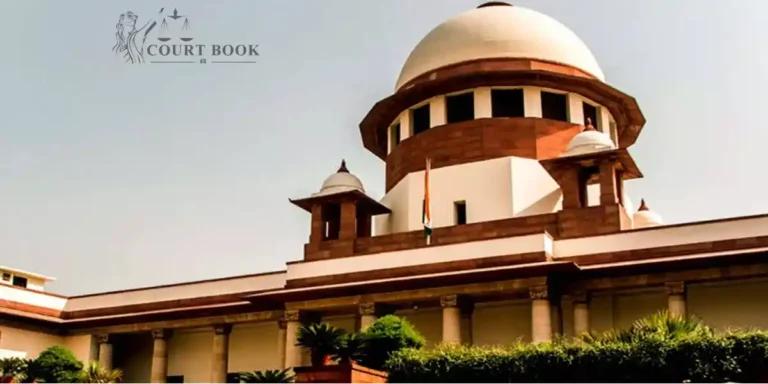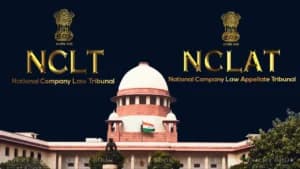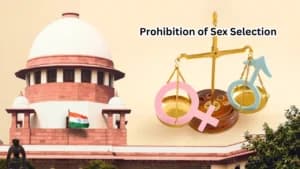The Supreme Court of India has set aside the Kerala High Court's judgment that annulled the election of CPI(M) MLA A Raja from the Devikulam Assembly constituency in the 2021 Legislative Assembly elections. A bench of Justice AS Oka and Justice Ahsanuddin Amanullah ruled in favor of Raja, overturning the March 23, 2023, order of the High Court. The High Court had previously declared Raja's election invalid, citing that he did not belong to the ‘Hindu Parayan’ caste in Kerala, a Scheduled Caste (SC) category reserved for Hindus.
Read also: 29 Supreme Court Collegium Recommendations for High Court Judges Pending with Central Government
The case primarily revolved around the question of Raja’s religious identity. The respondent claimed that Raja had converted to Christianity through baptism, making him ineligible to contest from a seat reserved for Scheduled Caste Hindus. However, the Supreme Court rejected this argument, highlighting the lack of credible evidence to support the claim.
"Mere observance or performance of a ritual of another religion does not ipso facto and necessarily mean that the person 'professes' that religion." — Supreme Court
Justice Ahsanuddin Amanullah, who authored the judgment, noted that the baptism claim was unconvincing, pointing out that the person alleged to have performed the baptism was only 14 years old at the time. The Court described this claim as "unbelievable and unsustainable" and emphasized that the baptism register presented was vague and unreliable.
Read also: Supreme Court Rejects 3-Judge Bench Demand for Death Penalty Appeals in Godhra Case
The Supreme Court further elaborated that performing a ritual from another religion does not automatically mean a person has converted to that faith. The term "professes" in the Constitution (Scheduled Castes) Order, 1950, was highlighted to clarify that a person may practice rituals of another religion without abandoning their original faith.
"Adherence merely to some ritual of another religion would not tantamount to giving up the original religion, unless the person concerned makes such belief explicit." — Supreme Court
The Court also examined the core issue of whether Raja belonged to the Hindu Parayan caste in Kerala, a recognized Scheduled Caste. It established two key conditions for eligibility:
- The individual must be of the Hindu Parayan caste.
- They must be a permanent resident of Kerala, either personally or through their ancestors, as of 1950.
Justice Amanullah confirmed that Raja's grandparents were from the Hindu Parayan caste in the erstwhile State of Travancore-Cochin, having migrated from Tamil Nadu before 1950. Regarding Raja’s caste identity, the Court found no credible evidence to prove that he had converted to Christianity.
"From the evidence available, it is not possible to hold that the Appellant 'professes' Christianity." — Supreme Court
The Court emphasized that Raja’s caste certificate, which identified him as a member of the Hindu Parayan caste, remained valid and unchallenged. It also highlighted that the High Court's decision to annul Raja’s election was flawed because the caste certificate’s validity was never directly contested.
Furthermore, the Supreme Court pointed out that the presence of photographs or the performance of certain rituals could not replace the official caste certificate as evidence. It stressed that, in an era of extensive media coverage, hiding one's religious or caste identity is extremely difficult.
The Supreme Court ultimately allowed Raja's appeal, reaffirming his status as a member of the Hindu Parayan caste and setting aside the Kerala High Court’s annulment of his election.
Case details: A. RAJA v. D. KUMAR| C.A. No. 2758/2023
Appearances: Senior Advocate V. Giri (A Raja) and Senior Advocate Narender Hooda (D. Kumar)















